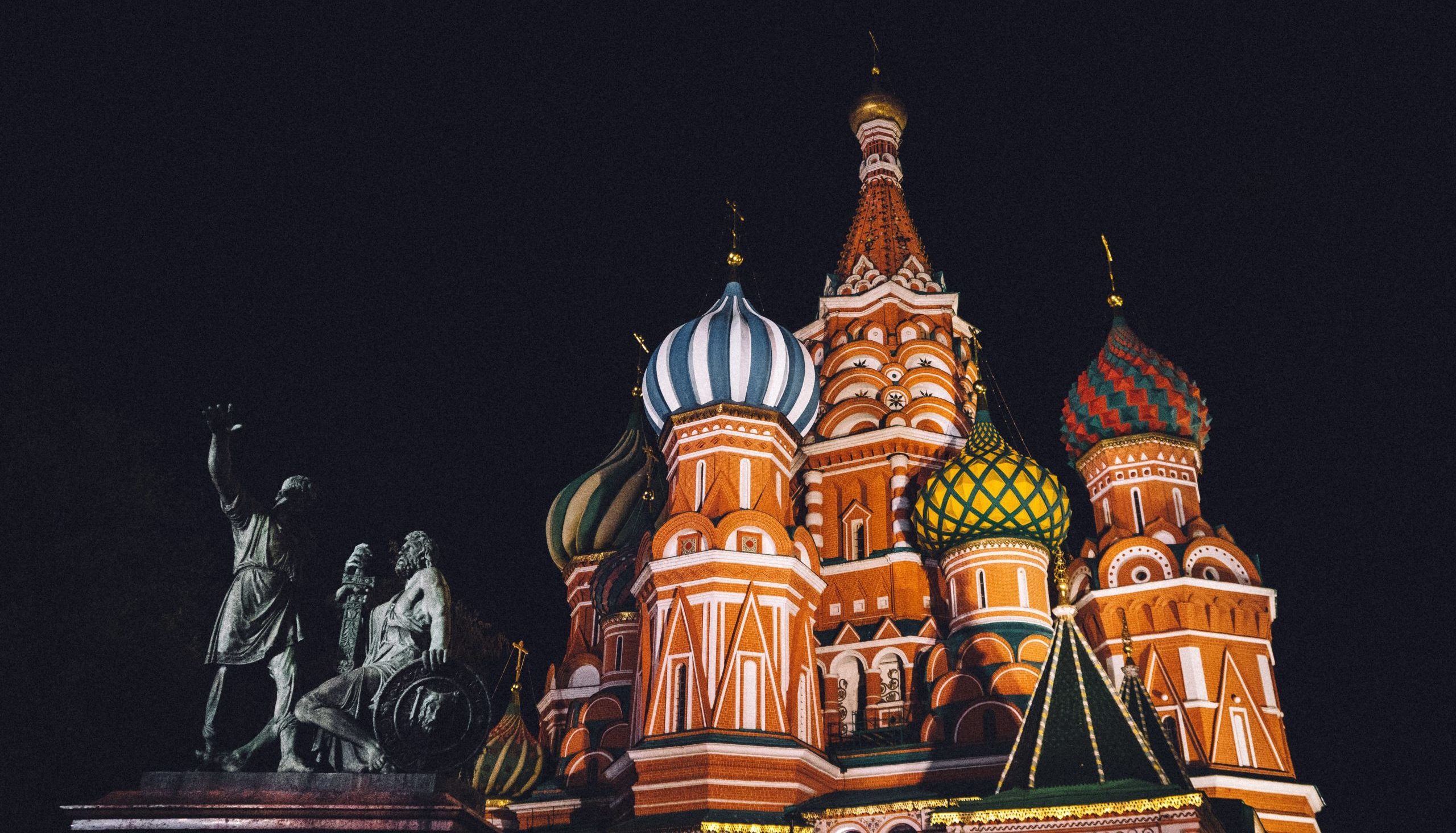‘Yarovaya Law’ vs. Religious Freedom
Evangelical Christians continue fight to share Good News in Eurasia, where it is increasingly difficult for believers to live out faith.
On July 6, 2016, Russia passed the “Yarovaya Law,” a package of anti-terrorism amendments to legislation, sections No. 374-FZ and 375-FZ. While it was presented as a way to help combat terrorist activity, and those it deems “extremist,” others refer to it as the “anti-missionary” law.
The legislation requires religious groups and missionaries to obtain government permission to operate and restricts ministry activity of non-registered churches – which mostly include evangelicals and religious minorities. Some of its measures didn’t go into effect until 2018. Among those measures, the government was given access to all data from phone calls, text messages, and other forms of electronic communication.
But more than half of all cases of alleged violations, Christianity Today (CT) reported in 2019, have been against evangelicals. The Yarovaya laws, CT reported, ban Russians from inviting outsiders to join their faith, even online or in their own homes, unless they have a government permit through a registered religious organization. Even with that, they can only evangelize in designated churches and religious sites.
“Russian authorities interrupted a Baptist worship service … and charged its 71-year-old pastor with illegal missionary activity,” CT said. “Two Baptists were punished for discussing their faith at a bus stop.”
Another Baptist pastor was found guilty of “hanging a sign reading, ‘House of Prayer of the International Council of Churches of Evangelical Christian-Baptists, worship service every Sunday from 10am,” according to Forum 18, a news service covering religious freedom issues in Russia and surrounding countries.
“The placement … suggests that [the defendant] carries out missionary activity aimed at disseminating information about the beliefs of [the church] among other persons who are not members,” the verdict said.
The Constitutional Court later clarified, CT reported, “that notices about services, ceremonies, or events only violate the anti-missionary laws if they indicate missionary activity will be a ‘defining feature’ of the gathering.”
Once the Yarovaya Law was passed, says Roman Lunkin, head of the Center for the Study of Religion and Society with the Institute of Europe, “it wasn't long before it exerted an impact on the public space.”
“In its way, it has come to symbolize and embody state control over the life of citizens and public organizations,” he said during a religious freedom roundtable in 2018.
He also noted, the COVID-19 pandemic has required religious groups to worship in homes and private property, but legislation and practical policy in many countries is unclear if private worship of those it considers to be “extremist organizations” is permitted.
The United States Commission on International Religious Freedom (USCIRF) added Russia to its list of “countries of particular concern” for the first time in 2017 due to the evangelism restrictions rolled out the year before. Russia was also included on the 2020 World Watch list of the 50 most dangerous countries for Christians.
John Huntsman, US ambassador to Russia, has referred to reports from the country on religious freedom issues as “very troubling,” CT reported.
“We’re not only seeing religious organizations shut down, we’re seeing individual members punished for their religious beliefs, which goes against everything we in the United States and a whole lot of other countries in this world stand for,” he said.
One pastor, who leads a registered Protestant church of about 50 people in Moscow and chose to remain anonymous, shared with Mission Eurasia that “there are practically no Protestants that haven’t been impacted by the law.” The pastor shared how police had repeatedly interrupted worship services.
“They always ask us the same questions,” he said. “Where are your registration documents? What do you do here? Where do you get the money to pay your rent? Why are you selling books? Do you have any new congregants?”
He noted, “If they don’t find anything wrong, then they just come back the next week.”
Sometimes, local authorities dress up like civilians and knock on our door, asking to be let in so they can “pray,” he said.
“If we don’t let them in, they film us turning them away and then use the footage against us,” he said. “And if we do let them in, then they take pictures inside the church to identify ways that we are violating the ‘Yarovaya Law.’ We have had to pay several fines for ‘illegal missionary activity.’”
Sign Up ENews Updates
To learn more about how you can pray for this region through receiving Enews updates or a prayer guide, choose from the following options:
“We’re not only seeing religious organizations shut down, we’re seeing individual members punished for their religious beliefs, which goes against everything we in the United States and a whole lot of other countries in this world stand for.”

